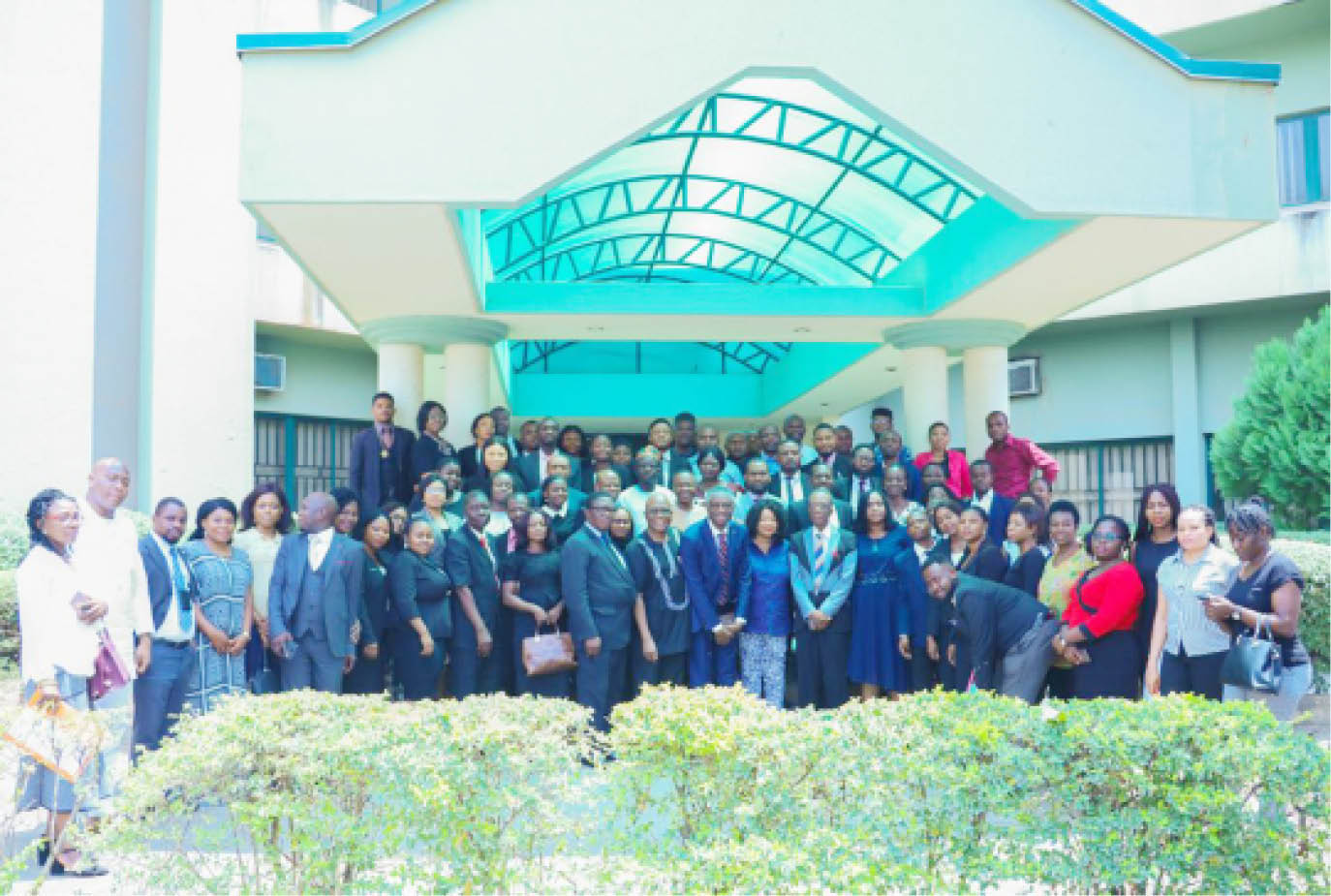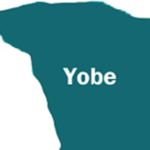In the first few years of the administration of President Muhammadu Buhari, Nigeria received negative ratings in the protection of human rights.
Security agencies were accused of violation of rights ranging from illegal detentions, violation of privacy, and disobedience to court orders.
Therefore some activists see the Anti-Torture Act, 2017, which was passed by the 8th National Assembly, as a major step in the human rights situation especially, among security agencies in the country.
Groups such as the office of the Attorney General of the Federation, National Human Rights Commission, Legal Aid Council, Rule of Law and Anti-Corruption Programme (RoLAC) of the British Council, Nigerian Union of Journalists (NUJ), the Nigerian Bar Association (NBA), and the International Federation of Women Lawyers (FIDA), and Avocats Sans Francais France (ASFF), who participated at the ongoing nationwide sensitisation workshop to promote the new law, gave kudos to the federal government.
Oteh, expressed joy that Nigeria has joined the United Nations Convention Against Torture and other Cruel, Inhuman and Degrading Treatment 1988 after the efforts of the civil society and other stakeholders in Nigeria.
“The passage of that Act, I must confess, came to me as a huge shock. Nigeria has hardly been known, whether locally or internationally, as a country, particularly in the last few years, that has been on its front foot in respecting the rule of law,” he said.
“It is a huge step forward for Nigeria; a major milestone in the fight against impunity, against abuse, against degrading treatments of citizens.”
Also, the Attorney General of the Federation and Minister of Justice, Abubakar Malami, who was represented by Grace Ojogbane, defined ‘torture’ as the “action of practice of inflicting severe pain on someone in order to force them to do or say something.”
She listed acts of torture contained in Section 4 of the Act to include both physical and mental torture. The types of physical torture are 14. It is defined as “a form of treatment or punishment inflicted by a person in authority or agent of a person in authority upon another in his/her custody that causes severe pain, exhaustion, disability or dysfunction of one or more parts of the body.”
Others are: 1) “systematic beating, head banging, punching, kicking, striking with truncheon or rifle butt or other similar objects and jumping on the stomach; 2) food deprivation or forcible feeding with spoiled food, animal or human excreta and other stuff or substances not normally eaten; 3) electric shock; 4) cigarette burning; burning by electrically heated rods, hot oil, acid; by the rubbing of pepper or other chemical substances on mucous membrane, or acids or spices directly on the wound (s)” among others.
On the other hand, mental/psychological torture refers to “acts committed by a person in authority or agent of a person in authority, which are calculated to affect or confuse the mind and/or undermines a person’s dignity and morale.”
They include: 1) blindfolding; 2) threatening a person(s) or his/her relatives with bodily harm, execution or other wrongful acts; 3) Confinements in solitary cells or secret detention places; 4) prolonged interrogation; 5) preparing a prisoner for a “show trial”, public display or public humiliation of a detainee or prisoner, among others.
She called for the production of the new law in small pamphlets of the three major Nigerian languages for dissemination to members of the public.
In his speech, a representative of the chairman of the Legal Aid Council, Amos Azariya, wondered if the agencies concerned such as the Nigerian military, DSS, the Nigerian Police, the EFCC, ICPC and others involved in investigation work are aware of the Anti-Torture Act. Citing Section 10 of the Act, he called for further enlightenment on the new law.
The two-day workshop also provided an opportunity for the discussion on the Violence Against Persons Act (VAPP, 2015), the Administration of Criminal Justice Act (ACJA, 2015) and the Guidelines on Arrests, Detention, Treatment and Questioning of Persons by Law Enforcement Agents.
The chairman of the NUJ, Abuja chapter, Emmanuel Ogbeche thanked the organisers of the workshop for the opportunity to sensitise members of the public, adding that the programme will also hold in Lagos and Enugu in a few weeks’ time.
At the conclusion of the programme, the organisers sought inputs on where to domicile the National Committee Against Torture (NCAT) headed by S.S. Ameh (SAN). It was tentatively agreed that for effective delivery of its mandate, the committee should be moved from the office of the Attorney General of the Federation to the NHRC.

 Join Daily Trust WhatsApp Community For Quick Access To News and Happenings Around You.
Join Daily Trust WhatsApp Community For Quick Access To News and Happenings Around You.


